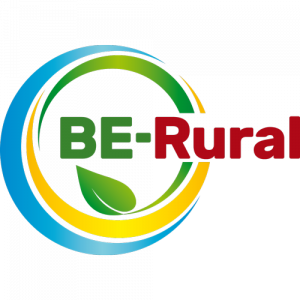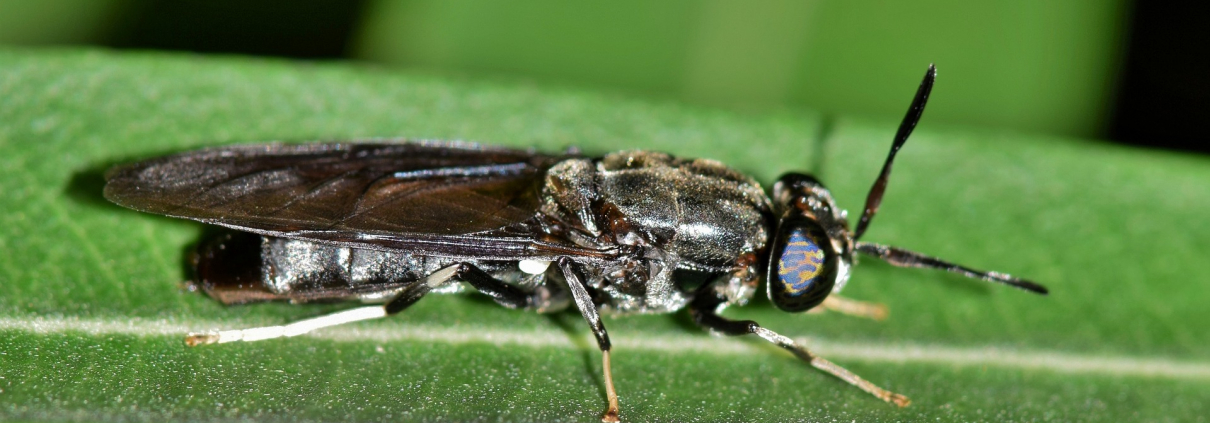INSECTA with record visitor attendance
The INSECTA conference continues to grow. More than 270 participants from 40 different countries met on 5 and 6 September in Potsdam to talk about meal- and buffaloworms, crickets, locusts and conspecifics. The experts from science and industry meet annually to discuss the latest technical, legal, economic, ecological and ethical developments in the production and use of insects as feed and food as well as for the non-food sector. This time the focus was on insect rearing and production, regulatory hurdles and aspects such as sustainability and economic viability. The INSECTA is being organised by the Leibniz Institute of Agricultural Engineering and Bioeconomics (ATB) together with Pilot Pflanzenöltechnologie Magdeburg e.V. since 2015.
The insect industry is growing
Insects are increasingly regarded as the protein source of the future. “The hype surrounding the use of insects began around 2015 and has continued ever since,” said Dutch researcher Arnold van Huis. Large companies such as Hermetia from Germany, Proti-Farm from the Netherlands or the French company Ynsect are on a growth course. In addition, around 270 new start-ups have emerged worldwide in recent years. They want to conquer the market with insect burgers, energy bars or protein-rich pasta. And there is no end in sight to this trend: according to Van Huis, the insect industry is set to grow to 8 billion US dollars by 2030 and contribute to reducing meat consumption and thus CO2 emissions and land use, as well as enabling a protein-rich diet in developing countries. According to van Huis, they can also enrich the local diet: “Insects contain more antioxidants than orange juice or olive oil and chitin, which strengthens the immune system,” says the insect researcher.
Another field of application is the animal feed industry. Here, for example, the insect larvae of the black soldier fly could help to replace the environmentally harmful soya imports – of which Europe currently purchases around 30 million tons – in the long term. Katzbiotech is a pioneer in this field. For a long time, the medium-sized company concentrated mainly on wasps and flies for biological pest control – for some years now, they also have a breeding facility for soldier flies. And the approximately 300 tons of larvae feed meal that Katzbiotech currently produces are sought after on the market.
Legislation as a factor of uncertainty
Challenges for the sector are the regulatory hurdles and the slow speed with which the necessary laws are pushed forward. For many investors, legal certainty is cited as a basic prerequisite for further investment.
Several presentations at the INSECTA dealt with the regulatory landscape. Insects were mentioned for the first time in the EU Regulation on Novel Foods (EU) 2015/2283. Since 1 January 2018, they are considered novel foods and require authorisation. To avoid that the new Regulation leads to an interim ban on products, a transitional period of two years was granted to all products not considered novel under the old 1997 legislation. All potential applicants were invited to submit their request for authorisation to the European Food and Safety Authority (EFSA) by beginning of 2019 – first decisions are expected for early 2020.
There is also slow progress in the animal feed sector. To date, insects have only been approved as feed for pets and fish – there is no approval yet for cows, pigs or poultry. A political challenge here is that although there is a European umbrella organisation – the International Platform of Insects for Food and Feed (IPIFF) – not every European country has a national association that represents and promotes the interests of companies. According to Nicolas Carbonelle of Bird & Bird, who has been monitoring the legal situation in Brussels for years, the situation is “far from being simple”, although “a lot has happened in the past two years”.
Crucial point: economic viability
Another factor of uncertainty is profitability. While there are already some studies on the sustainability and health benefits, economic success will also depend on whether insect products appeal to consumers and whether the market for animal feed can be opened up. There are still some hurdles to overcome: upscaling the production could reduce prices and increase competitiveness – but this requires investment and legal certainty. The rearing of insects is environmentally friendly and economically sensible if waste, for example by-products from supply chains for cereals, fruit, vegetables and local food processing can be fed. This is not yet permitted – a decision is expected for early 2020.
When the INSECTA experts get together again on 10./11. September 2020 in Magdeburg, decisions on the European level will most likely have altered the legal environment. While it remains to be seen whether the sector can continue its dynamic growth, the experts will definitively have plenty to discuss.

 Source: Pixabay
Source: Pixabay

